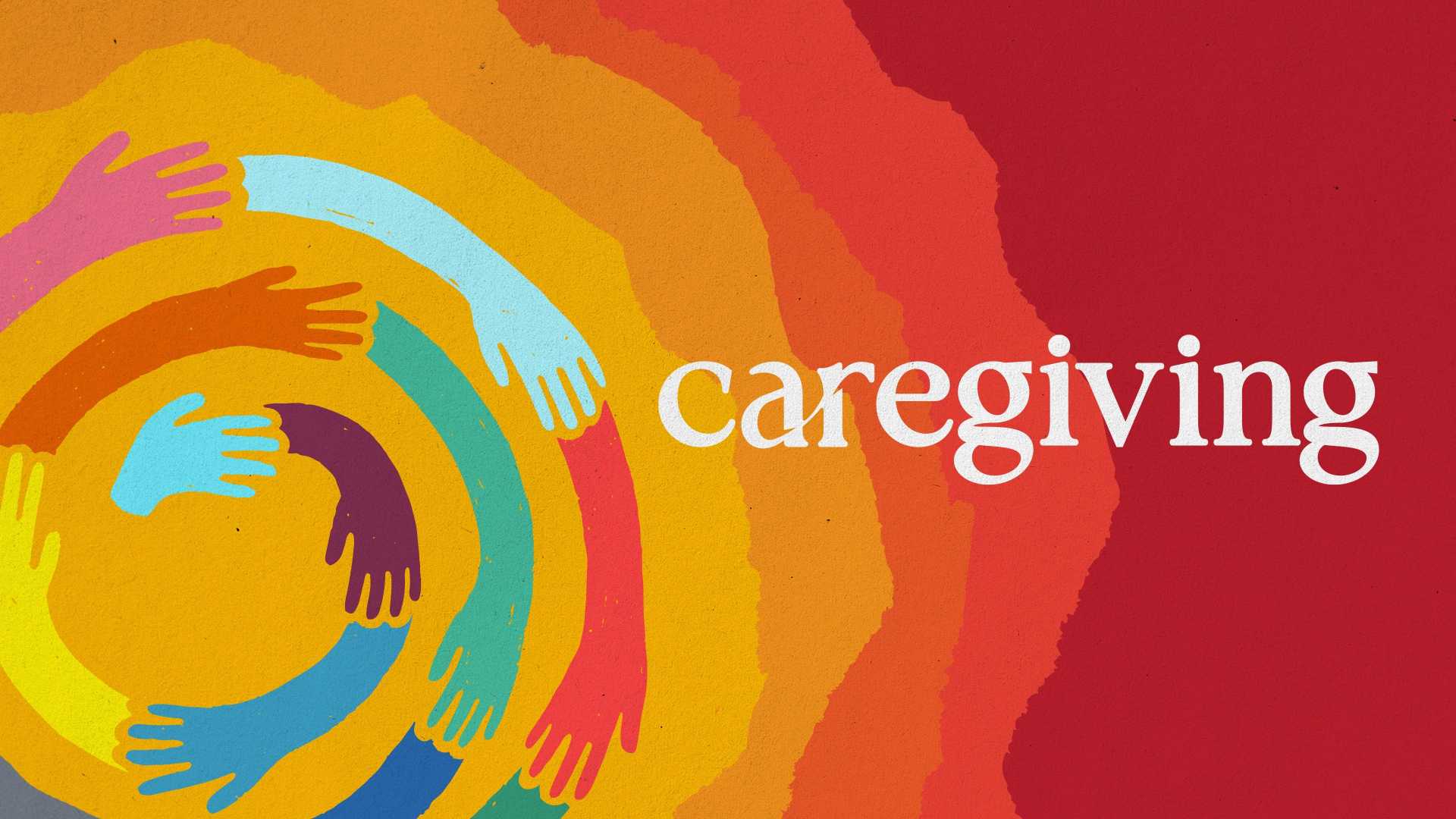Health
New PBS Documentary Explores Caregiving Challenges in America

NEW YORK, NY — A new documentary airing on PBS titled “Caregiving” explores the difficulties faced by millions of family caregivers in the United States. Directed by Chris Durrance, the film offers personal stories from caregivers, including Malcoma Brown-Ekeogu, who cares for her husband, Kenneth. “I never let him see me cry,” she shares in the film.
Many families are shocked to learn that Medicare does not cover at-home care or nursing home costs, leaving them to shoulder substantial expenses. According to AARP, caregivers spend an average of $7,242 out of pocket each year and miss out on about $43,500 in income due to their caregiving responsibilities.
“Caregiving” delves into the history of caregiving policies in the U.S., showing how it has evolved over the last century. In earlier times, individuals needing assistance were often placed in almshouses, a practice that changed after President Franklin D. Roosevelt implemented the Social Security Act of 1935.
However, caregivers remained excluded from many benefits, leading to a long-standing stigma surrounding their work, as noted by law professor Sidney Watson. In the 1960s, when Medicare was introduced, it deliberately did not cover long-term care, focusing instead on medical support.
Despite the challenges, there is a surge of activism aimed at improving caregiving policies. President Joe Biden has indicated support for caregivers, proposing measures in the Build Back Better Act, although they were ultimately removed. Current bipartisan efforts in Congress, including a proposed tax credit for family caregivers of $5,000, signify growing recognition of their contributions.
Scheduled to air on PBS on June 24, “Caregiving” aims to raise awareness and inspire discussions around caregiving’s importance and the need for better support systems.












